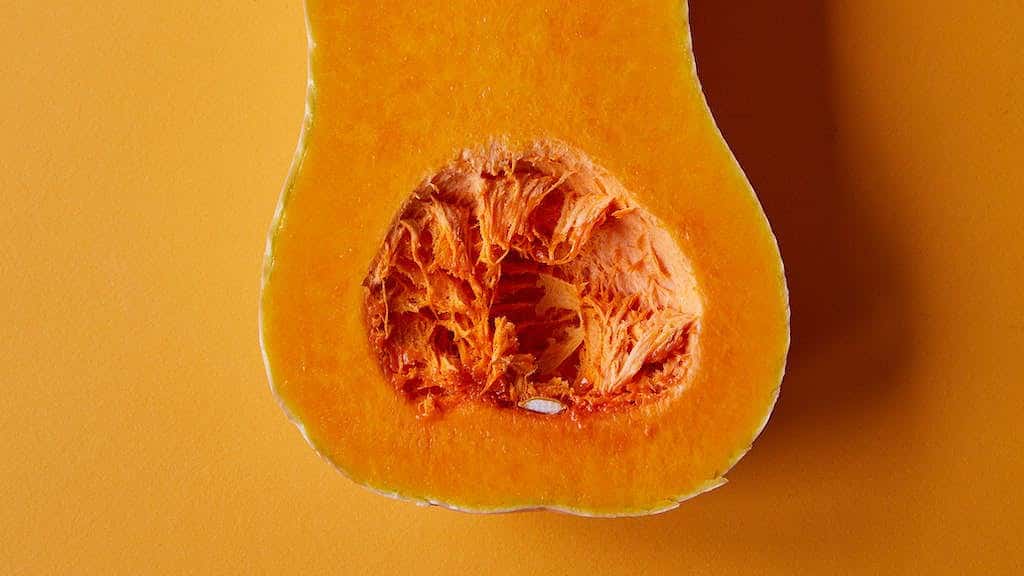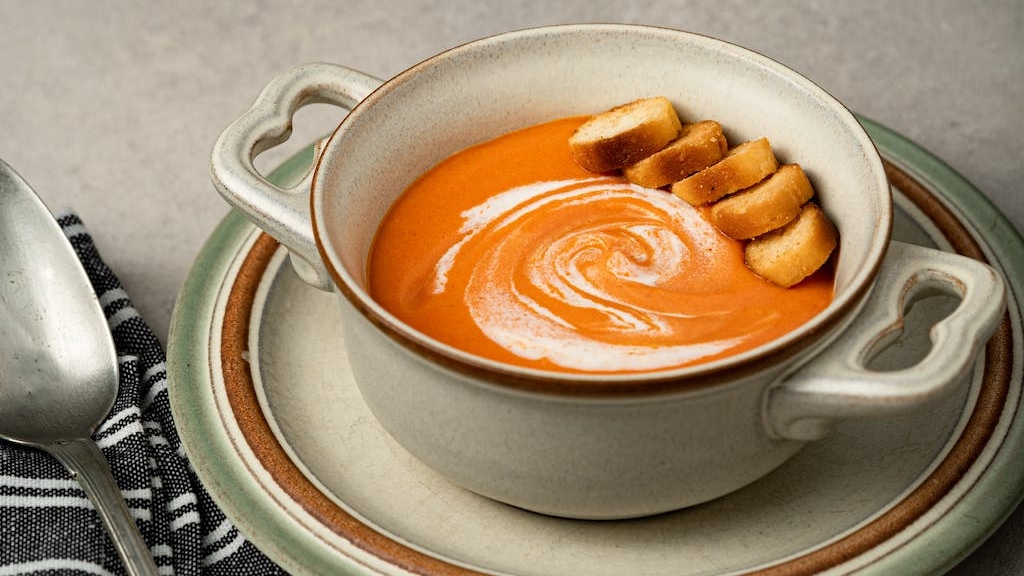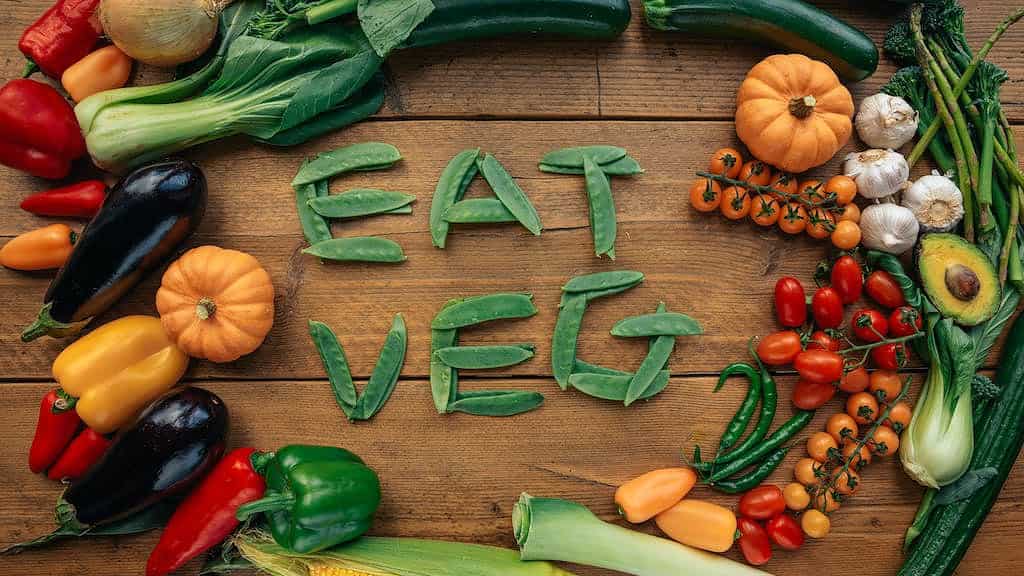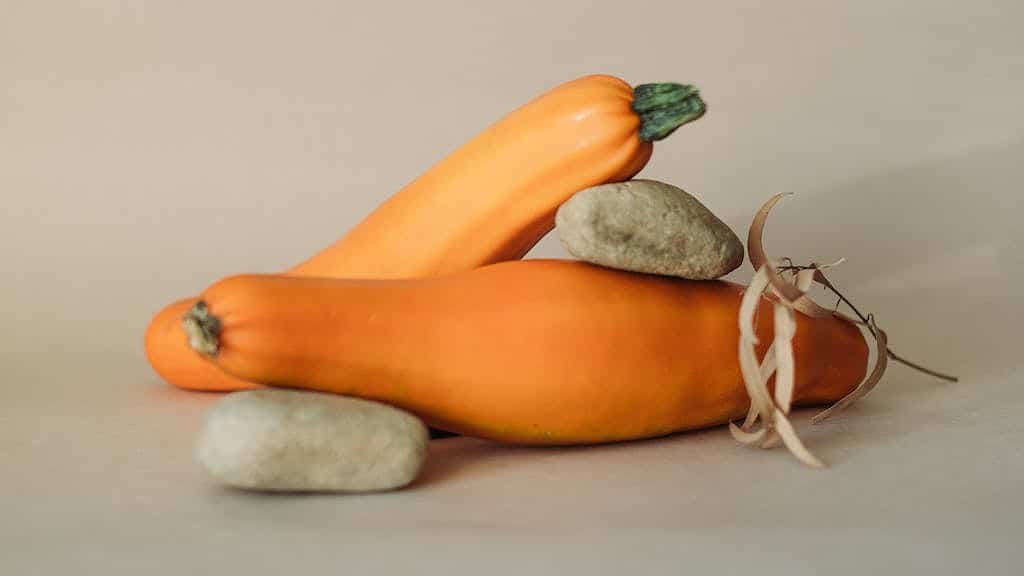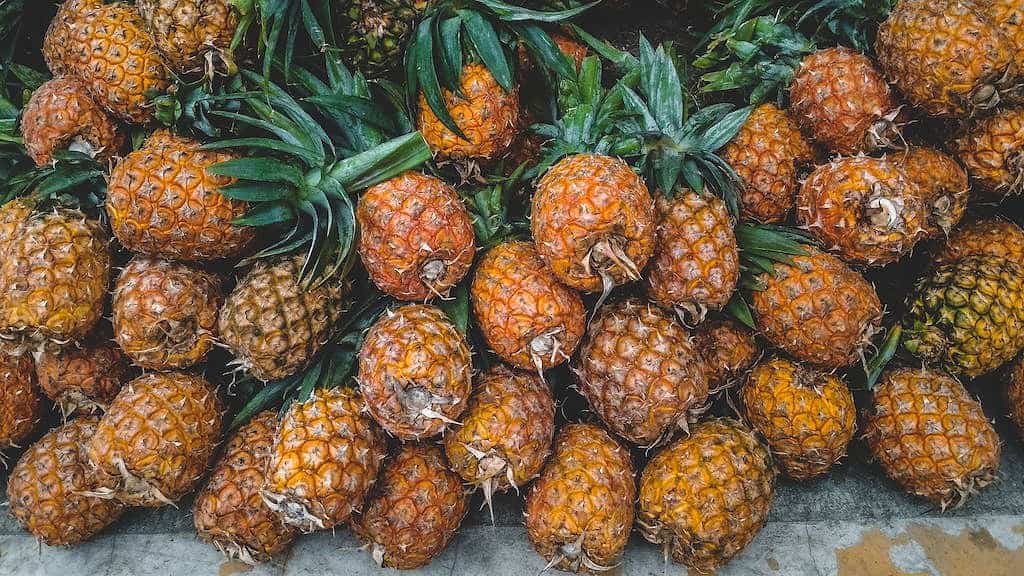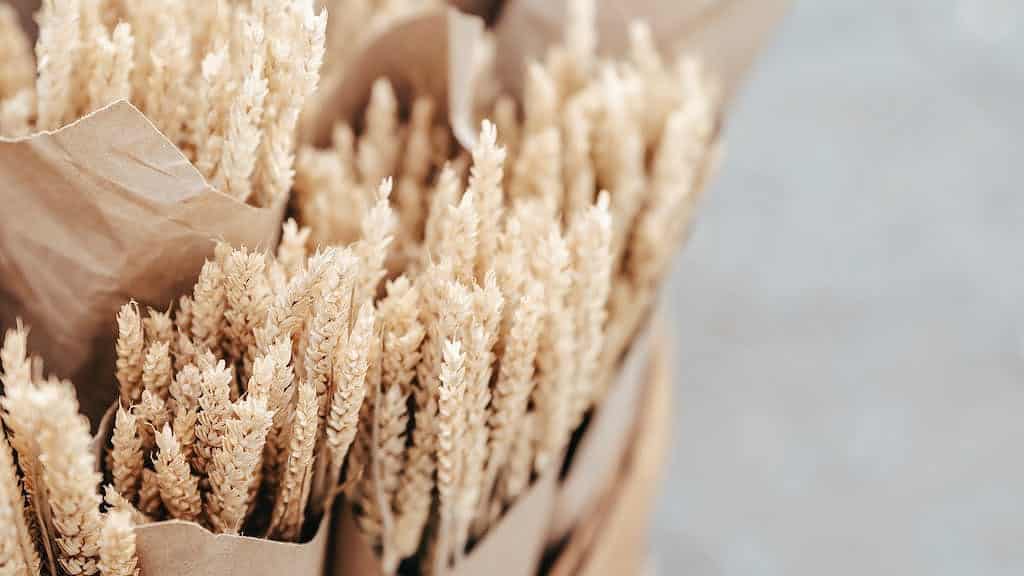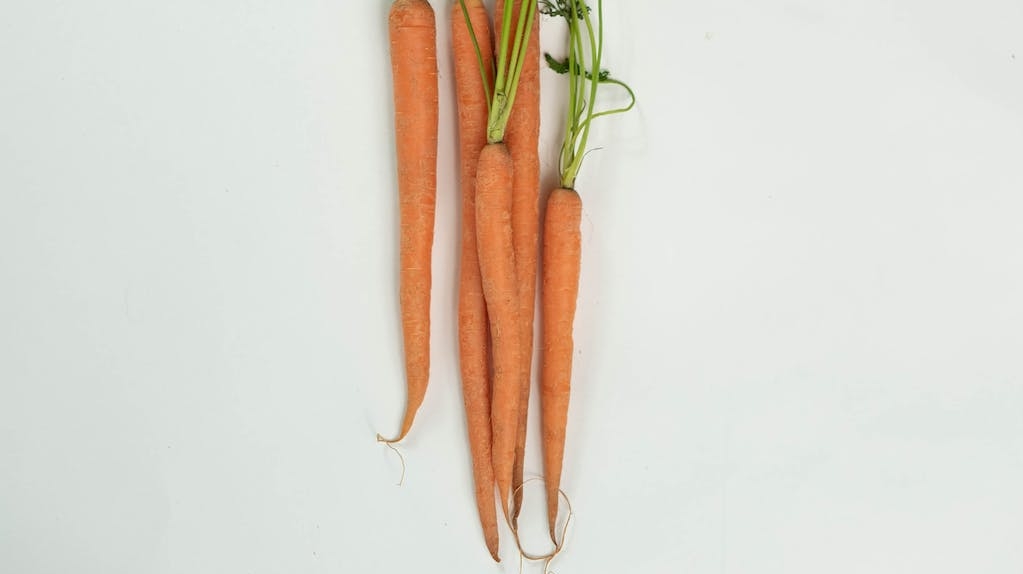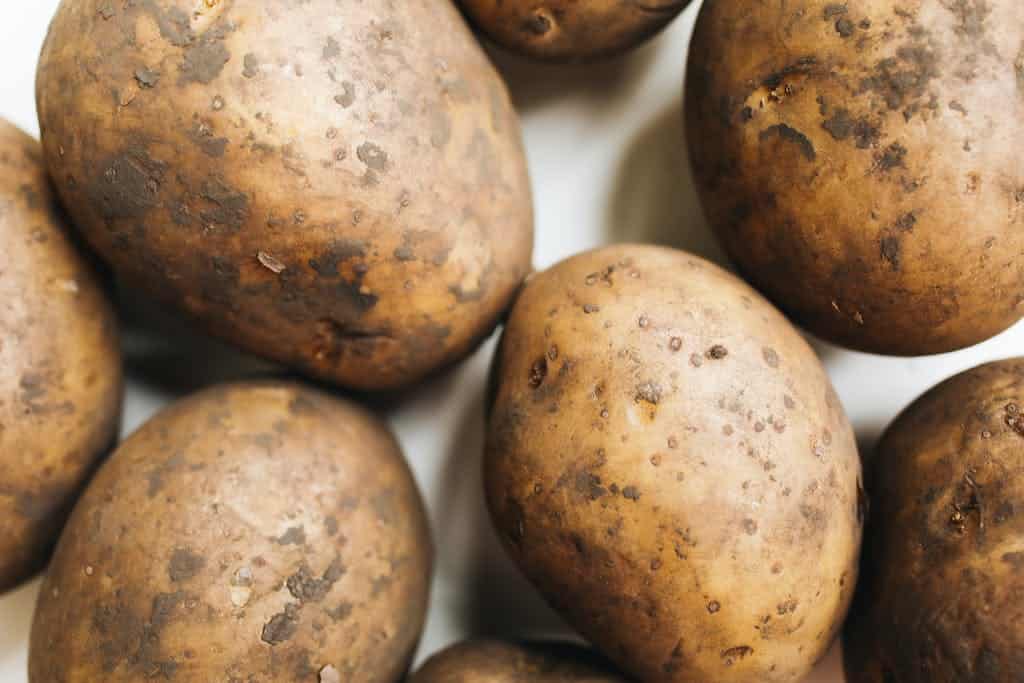Key Takeaways:
- Dogs can eat butternut squash as it is generally safe and healthy for them.
- However, it should be served in moderation and prepared properly.
- Butternut squash can be a good source of vitamins, minerals, and fiber for dogs.
- Avoid seasoning the butternut squash with ingredients that are harmful to dogs, such as salt, garlic, or onion.
- Remove the seeds and skin before feeding butternut squash to your dog.
- Introduce butternut squash gradually to your dog’s diet and monitor for any potential digestive issues or allergies.
- If in doubt, consult with your veterinarian before adding butternut squash to your dog’s meals.
- Always consider your dog’s individual dietary needs and any pre-existing health conditions before introducing new foods.
- Remember that butternut squash should complement a balanced diet for your dog rather than replacing their regular food.
Summary
Can a dog eat butternut squash? Yes, dogs can safely eat butternut squash in moderation. This article explores the benefits and potential risks of feeding butternut squash to dogs, highlighting its nutritional value and how it can contribute to their overall health. It also provides important guidelines on preparing and serving butternut squash to ensure a safe and enjoyable experience for your furry friend. Knowing whether butternut squash is suitable for your dog’s diet can help enhance their nutrition and diversify their meals, so reading the full article is worthwhile for dog owners seeking to broaden their pet’s culinary options.

Health benefits of butternut squash for dogs
Butternut squash is a nutritious and low-calorie vegetable that can provide several health benefits to dogs when included in their diet. This vegetable is rich in vitamins A and C, which support a strong immune system and promote healthy eyesight. Additionally, butternut squash is a great source of fiber, aiding digestion and preventing constipation in dogs. Its high water content also helps keep dogs hydrated.
When feeding butternut squash to dogs, it is essential to cook it thoroughly to ensure easy digestion. It is recommended to feed it in small amounts as a treat or mixed with their regular food. However, it is best to consult with a veterinarian before introducing any new food to your dog’s diet, especially if they have any underlying health conditions or dietary restrictions.
Potential risks and precautions when feeding butternut squash to dogs
While butternut squash can provide numerous health benefits to dogs, there are some precautions and risks to consider. The seeds and rind of butternut squash should never be fed to dogs as they can cause gastrointestinal blockage or choking hazards. Additionally, as butternut squash is a starchy vegetable, excessive consumption can lead to digestive issues like gas or diarrhea.
It is also important to avoid seasoning or adding any spices, salt, butter, or oils when cooking butternut squash for dogs. These additional ingredients can be harmful to their digestive system and overall health. Always serve plain, cooked butternut squash portions that are appropriately sized for your dog’s breed, weight, and activity level.
Introducing butternut squash into your dog’s diet
If you want to incorporate butternut squash into your dog’s diet, it is advisable to start with small amounts and observe their reaction. Gradually increase the portion size as long as your dog shows no adverse effects. Remember to cook the butternut squash thoroughly before offering it to your dog, as raw squash can be difficult for them to digest.
Some dog owners choose to puree or mash butternut squash and mix it with their dog’s regular food, ensuring a balanced meal. Butternut squash can also be used as a healthy treat option by cutting it into small, bite-sized pieces. Always monitor your dog’s response to the new food and consult with a veterinarian if you have any concerns or questions.
Alternatives to butternut squash for dogs
If your dog cannot eat butternut squash due to dietary restrictions or allergies, there are alternative vegetables that can provide similar benefits. Some safe options include pumpkins, sweet potatoes, carrots, and zucchinis. These vegetables can be cooked, mashed, or pureed for easy consumption and digestion. Again, it is crucial to introduce any new food gradually and seek professional advice if needed.
Signs of a bad reaction to butternut squash in dogs
While butternut squash is generally safe for dogs, some can experience adverse reactions. Keep an eye out for signs of allergies or intolerances, including vomiting, diarrhea, excessive gas, abdominal discomfort, or changes in behavior. If any of these symptoms occur after feeding butternut squash, it is important to stop feeding it to your dog and consult a veterinarian for further evaluation and guidance.
Quick Recap
Butternut squash can be a healthy addition to a dog’s diet when introduced correctly. It offers various vitamins, fiber, and hydration benefits. However, it is crucial to follow precautions, avoid certain parts of the vegetable, and consult with a veterinarian to ensure it fits your dog’s specific needs and dietary requirements. Always monitor your dog’s reaction to any new food and make adjustments accordingly.
Recipes and Alternatives to butternut squash for dogs
Butternut squash is safe for dogs to eat in moderation and can be a healthy addition to their diet. It is a good source of vitamins, minerals, and fiber. However, it should be cooked and served plain without any added seasonings or ingredients that may be harmful to dogs. Here are some butternut squash recipes for dogs:
- Steamed butternut squash cubes
- Baked butternut squash slices
- Mashed butternut squash
- Butternut squash and chicken stew
Can a Dog Eat Butternut Squash – Frequently Asked Questions
1. Is butternut squash safe for dogs?
Yes, butternut squash is generally safe for dogs to consume in moderation. It can provide several health benefits due to its nutritional profile.
2. What are the nutritional benefits of butternut squash for dogs?
Butternut squash is low in fat and calories, making it a healthy addition to your dog’s diet. It contains various essential vitamins including A, C, and E, as well as dietary fiber. These nutrients support overall health and can help boost the immune system.
3. Can butternut squash be given to dogs raw?
No, feeding raw butternut squash to dogs is not recommended. Raw squash may be challenging for dogs to digest and can potentially cause gastrointestinal upset. It is always best to cook butternut squash before feeding it to your furry companion.
4. How should butternut squash be prepared for dogs?
Butternut squash should be cooked in a suitable manner for dogs. You can steam, boil, or bake it without any seasonings or additives. It is crucial to remove the skin and seeds before serving, as they can be difficult for dogs to digest.
5. Can dogs eat butternut squash seeds?
No, it is not recommended to feed butternut squash seeds to dogs. The seeds can be a choking hazard and may cause blockages in their digestive system. Always make sure to remove the seeds before giving butternut squash to your dog.
6. How much butternut squash can I give to my dog?
Portion control is essential when feeding butternut squash to your dog. The amount largely depends on your dog’s size, age, and overall diet. It is advisable to consult with your veterinarian to determine the appropriate portion size specific to your dog’s needs.
7. Are there any risks or side effects associated with feeding butternut squash to dogs?
In general, butternut squash is considered safe for dogs. However, some dogs may experience digestive issues, such as upset stomach or diarrhea, if they consume it in large quantities or if they have a sensitive stomach. If you notice any adverse reactions, it is best to consult your veterinarian.
8. Can butternut squash be beneficial for dogs with certain health conditions?
Yes, butternut squash can potentially benefit dogs with certain health conditions. For example, its high fiber content may aid dogs with constipation or digestive issues. However, it is crucial to discuss any dietary changes with your veterinarian, especially if your dog has specific health concerns.
9. Are there any alternatives to butternut squash for dogs?
If your dog doesn’t particularly enjoy or tolerate butternut squash, there are other vegetables that can provide similar benefits. Some alternatives include pumpkin, sweet potatoes, and carrots. Always introduce new foods gradually to avoid any potential digestive issues.
10. Can butternut squash be used as a regular part of my dog’s diet?
While butternut squash can be a nutritious addition to your dog’s diet, it should not replace their regular balanced dog food. It is best used as an occasional treat or supplement to their regular meals.
Remember, every dog is unique, and it’s always a good idea to consult with your veterinarian before making any significant changes to your dog’s diet.
Conclusion
In conclusion, butternut squash can be a healthy addition to a dog’s diet when prepared properly. It is important to remember that dogs have different dietary needs than humans, and certain precautions should be taken before feeding butternut squash to your furry friend. By removing the seeds and skin, cooking it thoroughly, and serving it in moderation, you can provide your dog with a nutrient-packed treat. However, it is always best to consult with your veterinarian before introducing any new food into your dog’s diet. They can provide personalized advice based on your dog’s specific needs and health condition. Remember, the health and well-being of your dog should always be your top priority.
📚 Sources:
